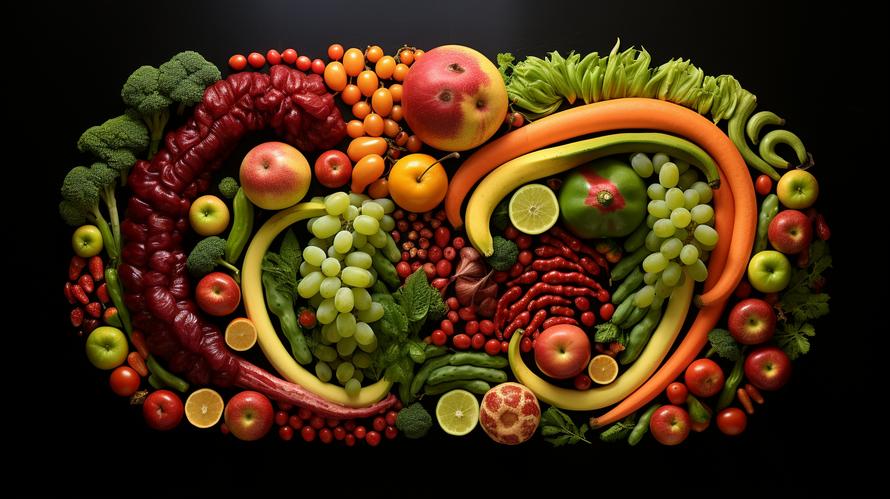Imagine opening your refrigerator and finding a secret weapon against cancer. It sounds like something out of a sci-fi novel, right? But it’s not fiction. It’s very real. But not every fruit and veggie in your crisper drawer holds the same power. Recent research shows that where in your colon cancer shows up can actually determine which fruits or vegetables could help you fight it off.
A team of scientists from the Western Australian Institute for Medical Research took a hard look at how the types of produce we eat are linked to our risk of colorectal cancer. Interestingly enough, they stumbled upon a discovery that might have us rethinking our grocery lists.
What’s in your salad bowl could make a huge difference in your colon cancer risk, dependent on the location of the tumor. For instance, brassica vegetables might be your best defense. These include crunchy bites like Brussels sprouts, cauliflower, broccoli, and cabbage. They seem to put up a protective shield against cancer at both the top and bottom part of the colon.
But, there’s an odd one out: apples. Specifically, they’re attributed with slashing risks of tumors at the lower end of the colon, known as the distal colon. Yet, there’s another curveball—fruit juice. Far from protecting, it may nudge up the risk of rectal cancer.
Dr. Lin Fritschi, the lead researcher, points out how perplexing the relationship between our diet and cancer risk has been. She suggests the confusion may lie in not considering the colorectal cancer site. This study adjusts the focus, and the results might help clear the blurriness.
Although this study highlights specific produce for particular cancer sites in the colon, it’s reassuring to know that, in general, reaching for that fruit basket or veggie tray reduces the risk of distal colon cancer.
Next time you’re at the market, filling your cart with an array of fresh produce, you might just be picking up potent allies to bolster your body’s defense against colon cancer. So, go ahead and make that vibrant, diverse salad—your colon might thank you for it!



